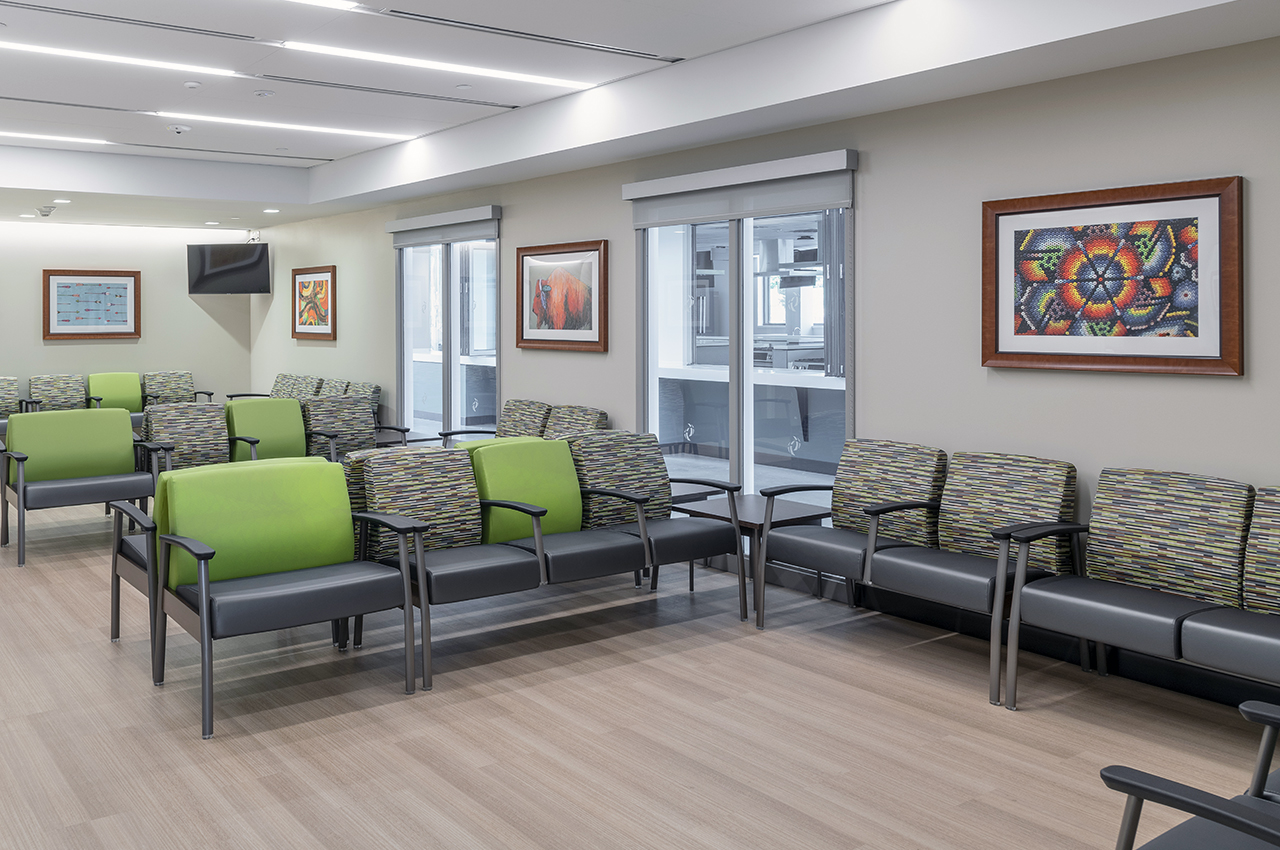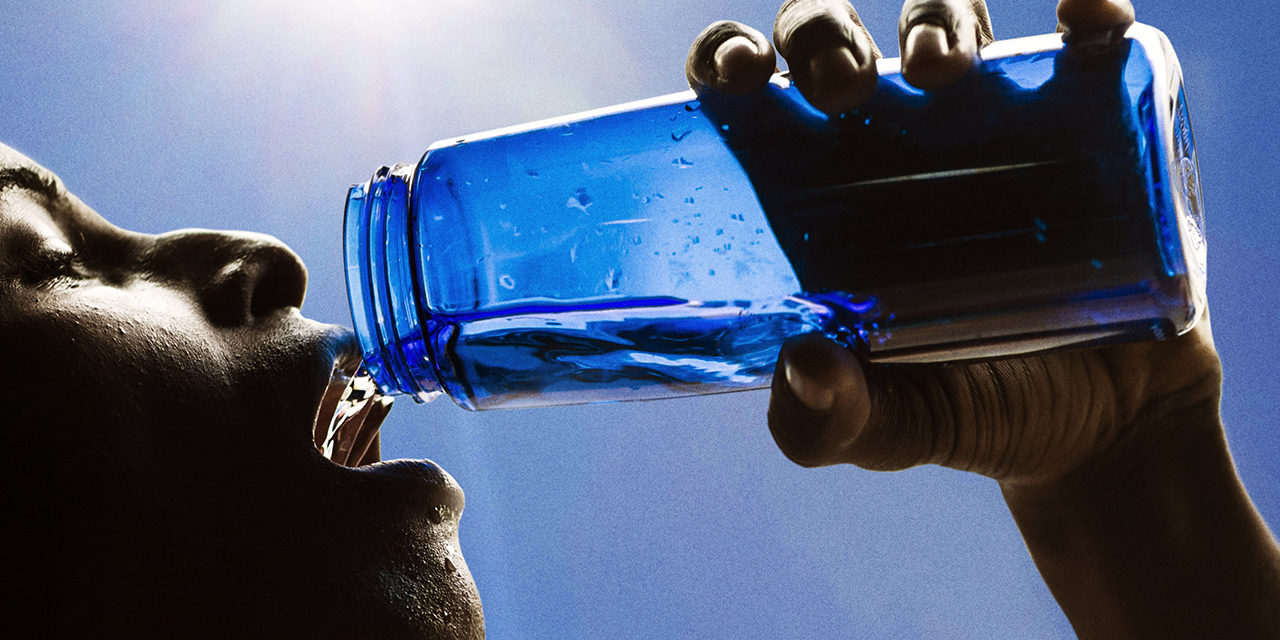When the weather gets warmer, we tend to spend more time outdoors. As temperatures increase, so can our chances of dehydration. Dehydration occurs when we don’t have enough water in our body.
Our bodies consist of approximately 60% water, and losing as little as 1.5% can cause symptoms of dehydration. During the summer months, we tend to overheat and lose fluid through our sweat. During the colder months we don’t feel as thirsty, so we don’t drink as much water as we should.
What Happens to the Body When We Are Dehydrated?
Dehydration causes our organs, cells and tissue to fail. In more severe cases, it can also influence the way we feel mentally by shrinking the blood vessels in our brains, causing us to feel anxious, confused, and agitated.
Some other signs of dehydration include:
- Headache and dizziness
- Tiredness
- Dark colored urine
- Muscle cramps
- Fast heart rate
- Dry mouth
- Sunken eyes
- Low blood pressure
- Excessive thirst
Treatment and Prevention of Dehydration
Dehydration happens more often in infants and the elderly. Thirst is the first sign that dehydration is starting, so it’s important to drink water as soon as you feel it. For people who are severely dehydrated, fluids may need to be given intravenously, or through the veins, as rehydration by drinking may not be possible.
Drinking fluids with electrolytes, like a low-sugar sports drink, can help you rehydrate. Electrolyte drinks are commonly given to children suffering from dehydration. Dressing lightly in the hotter months, avoiding sun exposure, and increasing fluid intake when sick or exercising can help reduce your risk of dehydration.
The average recommended daily fluid intake amount for women is 11.5 cups (2.7 liters), and 15.5 cups (3.7 liters) for men. Approximately 20% of our fluid intake comes from the food we eat, and the rest from drinks. Not feeling thirsty, and having a colorless to light yellow shade of urine are good indicators you are properly hydrating.

Maria Orellana, MD
Doctor of Family Medicine
When Should You Seek Medical Help for Dehydration?
Dehydration can become dangerous quickly. Drinking plenty of water throughout the day can prevent dehydration. If you experience fainting, fever, vomiting, diarrhea, or blood in stool, it’s time to call your healthcare provider. They will be able to recommend treatment options to help you stay hydrated and safe all year long.
Receive treatment for dehydration at your neighborhood health center. The Sisters Health Center at D’Youville can help. Call (716) 862-2572 for an appointment.






